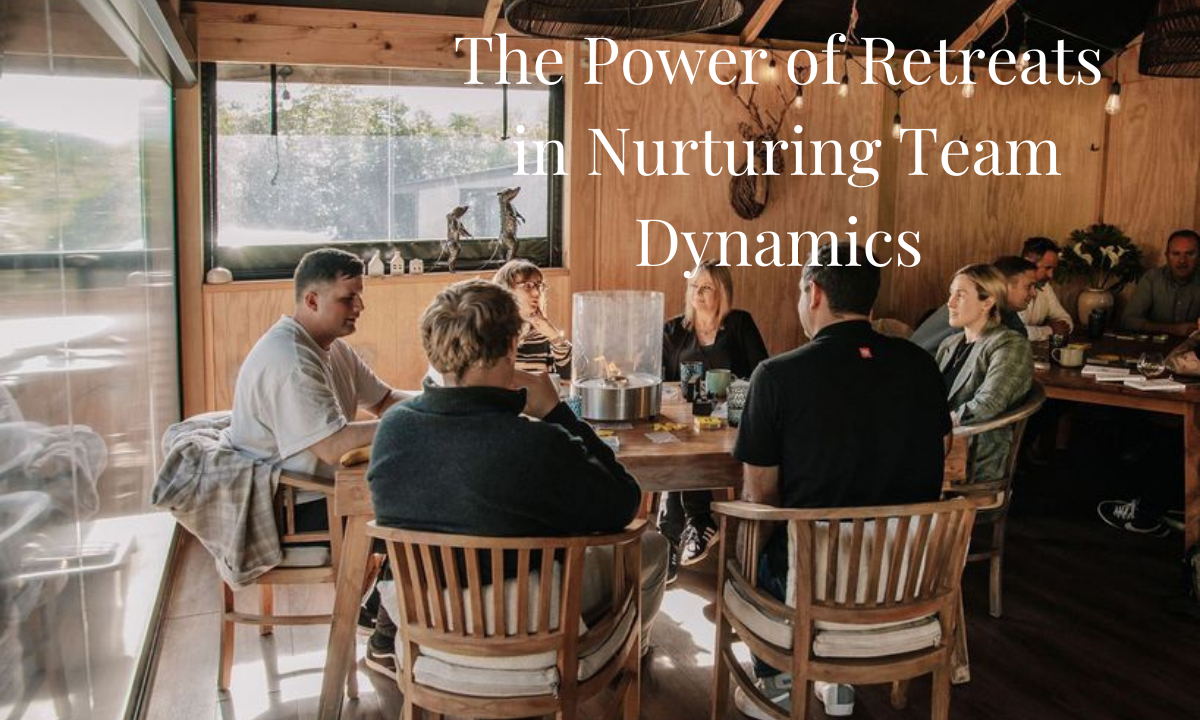
Maslow Relevance For Leadership Today
Maslow's hierarchy of needs is a theory in psychology proposed by Abraham Maslow in 1943.
The challenge is to find the relevance of Maslow in our world of leadership.
For those who don't know Maslow - see the picture in our pdf version. Speed dating here we go. Simply - physiological included sex, water, food, shelter. The others are self-explanatory.
It's the modern application that fascinates me. And I invite you to consider this.
How much do you know about the new graduate/employee who's just started work for you?
How do they get to work?
What do they know about conflict resolution? Is their home environment functional?
Do they drink too much?
Is there an issue with debt?
Do they have 'business attire' to wear to your office after 3-7 years as a uni-student?
"That's part of being a grown-up not a Manager’s responsibility" True, but is it?
In the middle of the Circle of Business lies the word MISSION (the purpose of your business). Surrounding the centre circle are the words OPERATIONAL EFFECTIVENESS.
Every behaviour (social or professional), of every team member, should actively contribute (add value) to the attainment of your organisation's Mission.

Why Is It My Issue?
Not everyone has a functional family, not everyone's home environment is conducive to success.
When Jack is late to work because he doesn't have a reliable form of transport, he directly affects your Mission.
When Sue's bog tired at work and can't concentrate because she has a gambling problem and debt, then Sue directly affects your ability to be operationally effective.
Tony has cerebral palsy and when his partner left, he no longer had a ride to work; after catching two buses and dragging his feet 800 metres to the office from the nearest bus stop (on his walking sticks); he smelt like the armpit of a lumberjack, looked like the south end of a northbound bull, shoes were scrapped to pieces. His performance decreased and because he was stinky, his relationships at work grew uncomfortable; directly affecting his contribution to your organisational Mission.
Be curious, be supportive | (get a team member to drop off Tony's shirts at the dry cleaners on a Friday night and pick up again on a Monday morning, sort out some taxi chits, install the access handles in the shower to allow Tony to shower at work)
Care deeply, be a Solution Finder and ensure that your HR processes, HR teams, Leaders, Managers, and Team Members build a strong sense of trust that will enable them to care deeply for each other.
If it affects your business, then it is your business.
Safety, Purpose, Belonging
Level 2 – Safety | Does my team feelsafe at work, is the environment nurturing, do they have job security, financial security, personal and emotional? Can they happily and freely be part of the LBGT Community, vote Labour? Can I be me?
Level 3 – Belonging | Do the team feel appreciated, do members understand their responsibility to each other, do our values align, have I made mine clear and do I ‘live’ them, do we feel that we belong?
Level 4 – Recognition & Purpose | Do I make sure the team knows what their role is, do we have respect within the team, am I building skills & self-belief within my team, are my/our communications respectful, do I give recognition?
Level 5 – Self-Actualisation | Do my team give back, do I grow and nurture, do I give back, do I accept me, am I proud of me, what's my legacy?\

And back to my favourite thing in the whole world! Simple neuroscience of ‘nurture'.
Simon Senek 'Leaders Eat Last', explores what he calls the selfless chemicals. Serotonin and Oxytocin that strengthen our social bonds. Serotoninis the chemical we feel when we are respected, admired, and given preferential treatment. It boosts our confidence and makes us feel awesome. Oxytocinis the feeling we get from emotional bonds and being around people we trust and like.
If you're a Nurturer you'll get this; if you're an Owl or a Hawk and you've got that little bit of sick at the front of your mouth just thinking about 'nurture', know this, faking it will produce the right chemicals in your team and increase your ability to meet the Mission. No matter what your driver, genuine care, or task-driven focus, engaged team members = achievement of Mission. #4FakingWant to discover more with experiential leadership training? Come on in



